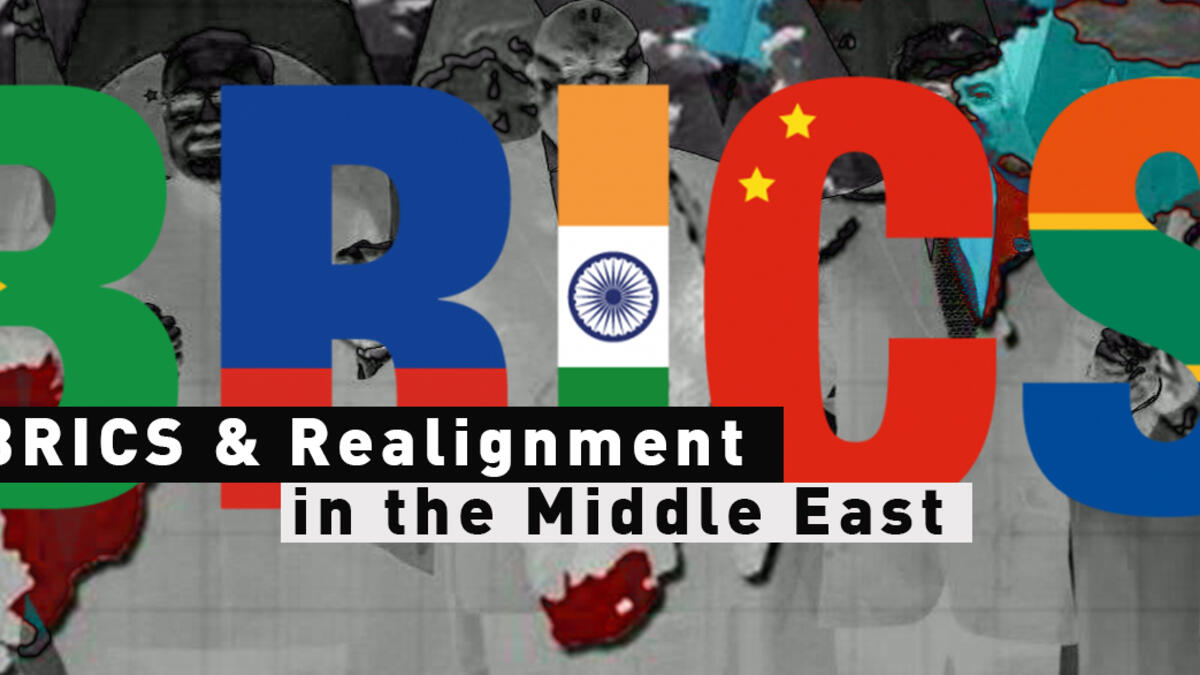In the final days of the Second World War, Franklin D. Roosevelt held a meeting with Saudi King Abdul Aziz Ibn Saud onboard the USS Quincy. The US president assured the Saudi King, who was concerned with the plight of the Palestinians, that any actions taken would be done so in full consultation with both the Jews and the Arabs living in Palestine.
The Abraham Peace Accords have been praised by some as the solution to a political and humanitarian crisis that has been at the centre of Middle Eastern politics for decades. However, the Accords do not guarantee the cessation of annexation of large areas of the West Bank and do not guarantee civil or political rights for Palestinians in their own state free from the interventions of Israel.
the Accords do not guarantee the cessation of annexation of large areas of the West Bank and do not guarantee civil or political rights for Palestinians in their own state free from the interventions of Israel
Since 1967, members of the Gulf Cooperation Council - Bahrain, Kuwait, Oman, Qatar, Saudi Arabia, and the United Arab Emirates – have had a complicated relationship with the Palestine cause.
The region's wider tensions have often forced the states of the Persian Gulf to put the Arab-Israeli conflict in the backseat. In the 1960s, tensions between the Soviet Union and the US forged an alliance between the Saudi royal family and the United States. Today, the Middle East’s proxy war between Saudi Arabia and Iran has, in many ways, led to the Abraham Accords.







